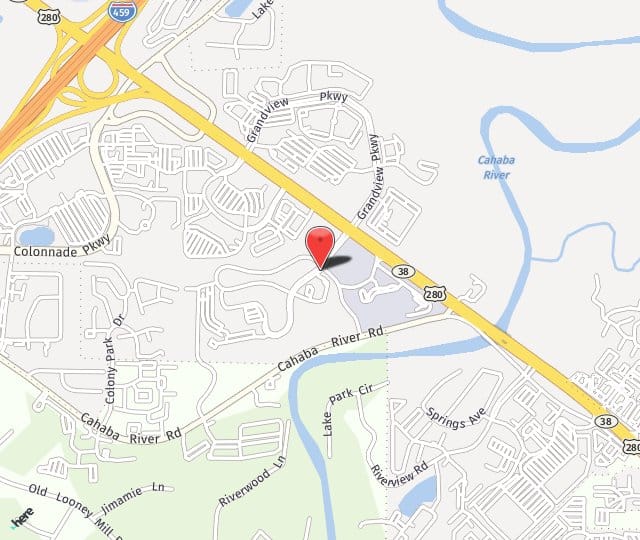When you have a heartbeat that’s too fast or irregular, Dr. Smith may opt to perform a medical procedure known as cardioversion. In this procedure, electric shocks are delivered to your heart. This will usually restore normal rhythm.
Here’s some more information about cardioversion.
Why is this needed?
Tachycardia (heart beats too fast), atrial fibrillation (irregular heart rhythm), or atrial flutters are often the conditions where cardioversion is used. All of these problems occur when a person’s electrical signals that normally make their heartbeat at a regular rate don’t travel properly through the upper chambers of the heart.
When you have these rhythm problems your heart is beating ineffectively, and it needs to be put back in rhythm. Although cardioversion is usually done with electric shocks, it can also be done with medications.
It’s easy to confuse cardioversion with defibrillation, an emergency procedure that’s performed when a person’s heart stops beating or quivers. But defibrillation uses more powerful electric shocks.
How is cardioversion done?
To start the procedure, we place several large electrode patches on your chest. The electrodes are connected to the cardioversion machine through wires.
The machine will record your heart rhythm throughout the procedure and will deliver shocks to your heart to restore normal rhythm. The machine can also correct your heart’s rhythm if it beats too slowly after the initial shocks have been delivered.
You’re asleep through intravenous drip throughout the procedure, so you don’t feel any pain from the shocks. If necessary, Dr. Smith can also use this line to deliver additional medications that can also be used to get your rhythm back to normal.
Afterwards
Dr. Smith has good success with electric cardioversion. These procedures usually only take a few minutes, and you return home the same day after some monitoring. For most patients, cardioversion quickly restores a regular heartbeat, although occasionally the procedure needs to be repeated.
Do you have atrial fibrillation? Call Birmingham’s heart rhythm expert, Dr. Smith, at (205) 510-5000, and let’s get you back on track.

